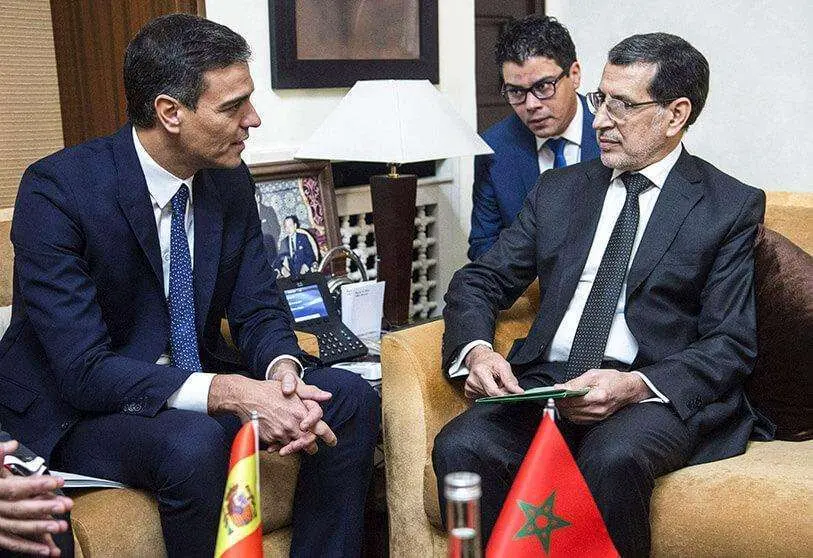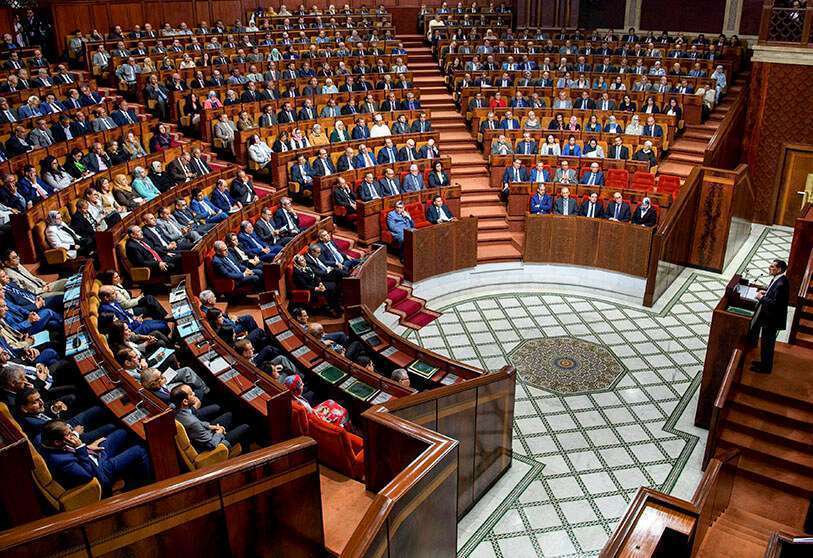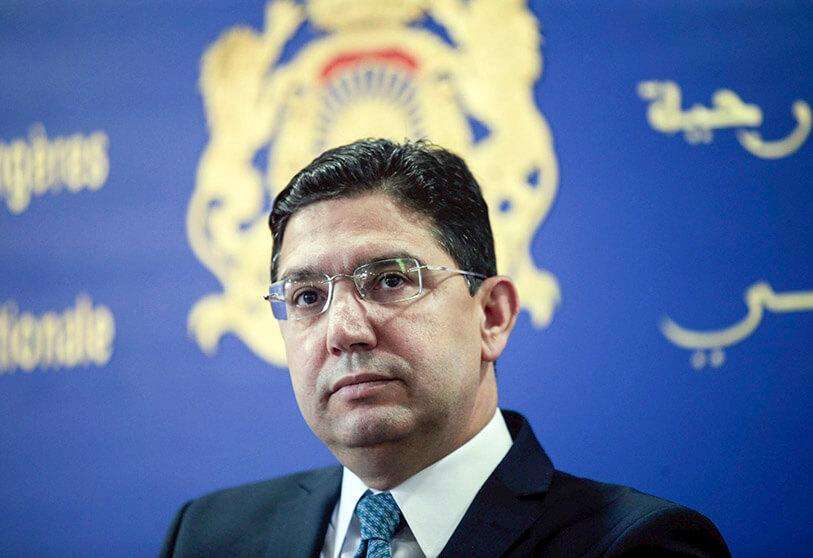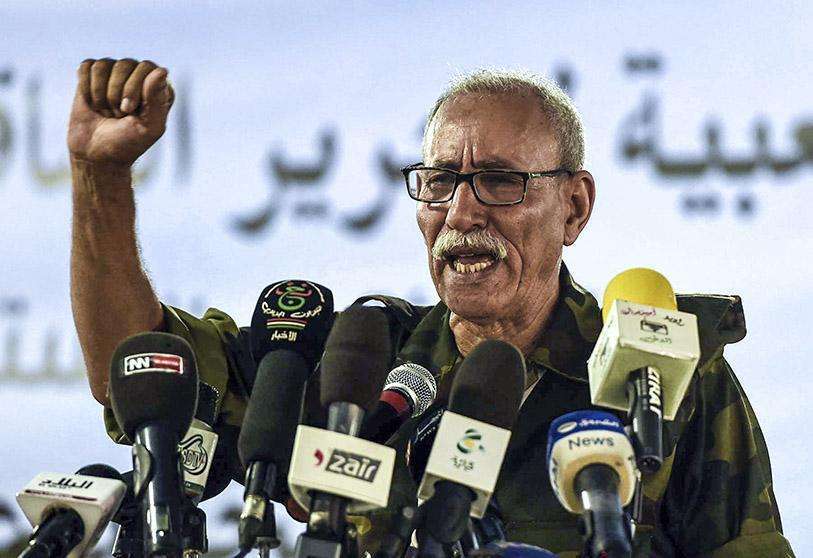Continúa la crisis diplomática entre España y Marruecos

Since the arrival of Polisario Front leader Brahim Ghali in Spain to receive medical attention, ties between Rabat and Madrid have become noticeably strained. The Moroccan government criticises Spain for not notifying the relevant authorities of Ghali's arrival. The kingdom also considers that the Spanish justice system is not acting properly, despite being aware of the documented accusations against the Polisario leader. Ghali is accused of human rights violations in Spain, which is why he entered the country with false documentation.
After the reproaches from the Moroccan government, the anger towards Spain has spread to other political parties in the country. Nine Moroccan political parties, most of them in the opposition, signed a joint communiqué criticising Spain. In the note, they call Spain's behaviour "unacceptable and provocative". Madrid, since the beginning of the crisis between the two neighbouring countries, has reiterated that Ghali's stay in the country is due to "humanitarian reasons".

The nine political parties also recall that Spain "has suffered and continues to suffer from separatism and its harmful consequences for its stability and unity". They also point out that "no Moroccan party has registered positions or actions in support of the secessionist thesis". This is not the first time that the kingdom has alluded to the Catalan question to compare it to the Ghali case. Recently, Foreign Minister Nasser Bourita declared that Rabat had rejected "all contact and interaction" with pro-independence leaders. "You don't manoeuvre behind your back with your partners", he said.
The Moroccan political groups, hoping that Spain will change its behaviour towards Ghali, call on the country's "living forces" to impose the "voice of wisdom". The communiqué emphasises maintaining common interests and correcting the damage done to bilateral relations.
The joint note is signed by the ruling Justice and Development Party and its allies in parliament: the National Rally of Independents, the Socialist Union of Popular Forces, the People's Movement and the Constitutional Union.
In addition, it is also approved by the opposition: the Authenticity and Modernity Party (PAM), Istiqlal, Progress and Socialism and the minority leftist formation of the United Socialist Party. In other words, the entire Moroccan political spectrum condemns Spain's behaviour and supports King Mohammed VI.

For its part, Spain, embroiled in this diplomatic crisis, prefers not to respond to Morocco's latest actions. The Minister of Foreign Affairs, Arancha González Laya, has stuck to "what has been said so far", justifying that "Spain has absolutely nothing to add". Previously, the minister assured that if the Spanish justice system considers that Ghali should appear, "it will not be the government that stands in the way".
Ghali was charged by the judge of the Audiencia Nacional, José de la Mata in 2016. The Polisario leader was charged with crimes of genocide, murder, torture and disappearances. These crimes were allegedly committed against the dissident Sahrawi population in the Tindouf camps in Algeria. Organisations such as the Sahrawi Association for the Defence of Human Rights (ASADEDH), the Canarian Association of Victims of Terrorism (ACAVITE) and the Canarian Sahrawi Forum have condemned Ghali's stay in Spain and called for his arrest.

The National Court has scheduled Ghali's appearance for 1 June. However, legal sources have told Efe that they doubt that this process can be carried out due to Ghali's delicate state of health. The court summons is said to have taken place on 5 May, but the judge ordered to confirm that the man hospitalised corresponds to the identity of the Polisario leader.








